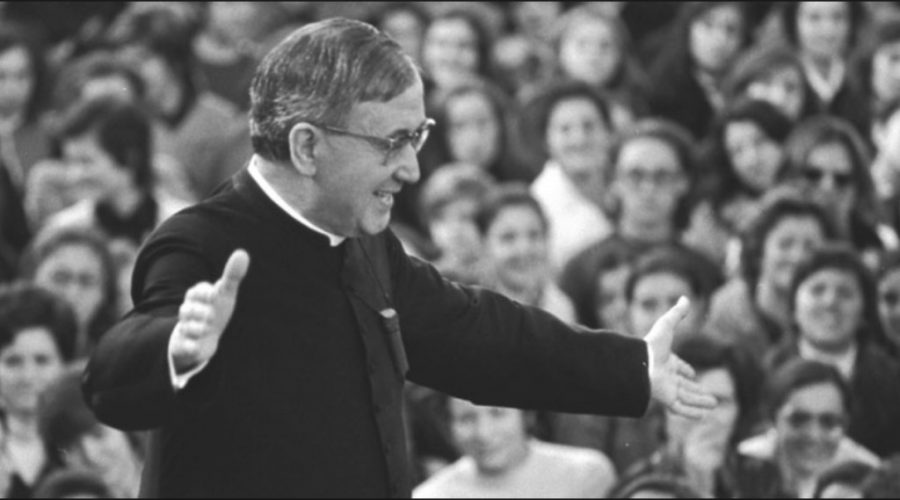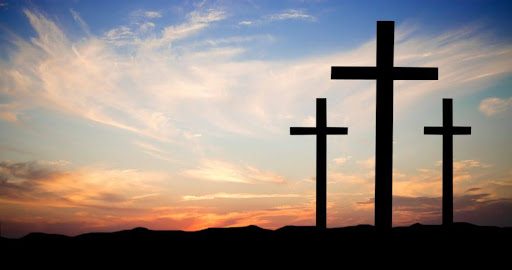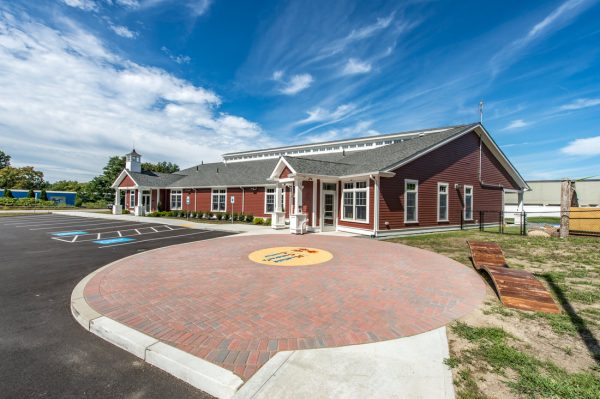The Story of the Saint of Ordinary Work: St Josemaria Escriva
For many of us who have attended Catholic schools for a good part of our lives, the stories of the big saints are pretty familiar. Even those who may be in their first year at a Catholic school have probably heard the stories of St. Francis, Mother Teresa, or Joan of Arc. But, even though a lot of us hear his name everyday, you probably haven’t heard the story of St. Josemaria other than maybe in a Founders’ Day presentation. The saint of ordinary life has an inspiring life story, one that can help you and I live our lives in a holier manner.
Josemaria Escriva was born in 1902 Barbastro, Spain to Jose and Dolores Escriva. He had an older sister Carmen, whom he grew up with, as well as a younger brother Santiago, who was born when he was seventeen. He also had three younger sisters who passed away when they were young. When Josemaria was thirteen, the Escriva family moved to Logrono after Jose’s textile business failed. Josemaria began to sense his vocation after seeing the bare footprints of a friar in the snow. He was deeply touched by this experience, and felt that he had been “chosen for something.” He didn’t yet know what God was calling him to do, but he thought that he could better discover God’s will as a priest. Therefore, he began to study for the priesthood. In 1924, Josemaria’s father died, and in 1925, Josemaria was ordained a priest. He was left the head of his family as he began his ministry in Sargossa.
With the permission of the bishop, Fr. Josemaria moved to Madrid to study for a Doctorate of Law. In Madrid on October 2nd, 1928, God showed him what he had been preparing for since he saw the footprints in the snow. Fr. Josemaria founded Opus Dei, and from that day on put all his energies into building what God had asked of him. He also fulfilled his priestly duties, serving the sick and needy in hospitals and hearing confessions for hours on end in poor areas of the city.
In 1936, while Fr. Josemaria was in Madrid and working on building Opus Dei, civil war broke out. The persecution of religious people made it difficult for him to continue his ministry, and he was forced into hiding. He took refuge in a variety of places, among them a mental hospital. He finally escaped across the Pyrenees and took residence in the south of France. All this time, Fr. Josemaria persisted in spreading the message of holiness in ordinary life. When the war ended in 1939, he moved back to Madrid.
Opus Dei slowly began to grow as Fr. Josemaria began activities in different cities in Spain. In 1944 the first three priests of Opus Dei were ordained. From around 1950-70 Opus Dei grew rapidly, with people from Guatemala to Switzerland to Japan joining the work and offering their work and ordinary duties to God in prayer. In the last five years of his life, St. Josemaria made apostolic trips around the world, visiting Mexico, South America, and Spain. On June 26, 1975 St. Josemaria passed away, after celebrating 50 years of priesthood.
St. Josemaria’s openness and love of God’s will through all circumstances in life teaches us how extraordinary ordinary people can be. By living everyday life well and full of love for God, you can be holy. Many saints pass unnoticed by all except God and St. Josemaria’s life reminds us that it’s God’s love that matters. So today when you are doing your homework or washing the dishes, remember what the saint of ordinary life said: “There is something holy, something divine, hidden in the most ordinary situations, and it is up to each one of you to discover it.”
Theresa Marcucci ’23
23tmarcucci@montroseschool.org












